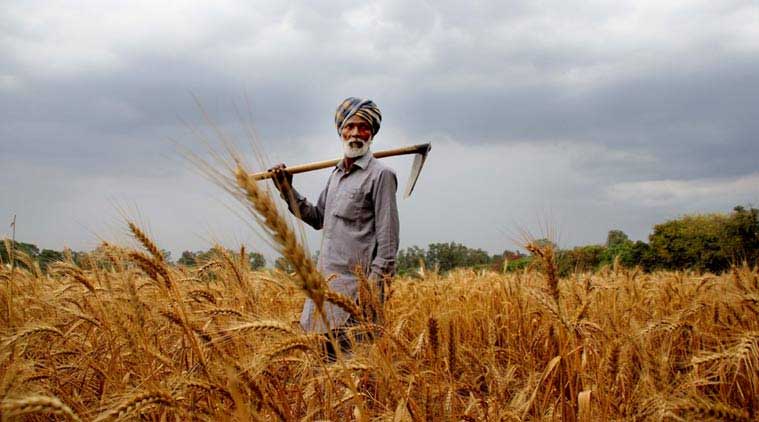Steps to Increase Farmers Income

New Delhi, February 11, 2020: Commission for Agricultural Costs and Prices (CACP) uses crop-wise, state-wise cost estimates provided by the Directorate of Economics & Statistics (DES), DAC&FW compiled under ‘Comprehensive Scheme (CS) for Studying the Cost of Cultivation (CoC) of Principal Crops in India’. Since CS data is generally available with a time lag of two to three years given the imperative of recommending pricing policy for ensuing season, cost estimates need to be projected for the crop season under consideration. Based on CS data, the Commission projects crop-wise, State-wise CoC of mandated crops for the subsequent season. Composite Input Price Indices (CIPIs) based on latest prices of major inputs like human labour, bullock labour, machine labour, fertilizers, manures, seeds, pesticides and irrigation is constructed, costs of interest on working capital, miscellaneous charges, rental value of owned land, rent paid for leased-in land, land revenue, taxes & cesses, depreciation on implements & farm buildings and interest on fixed capital are also included in the cost.
Based on the latest data available from different sources like Labour Bureau, Ministry of Labour and Employment, State Governments and Office of Economic Adviser, Ministry of Commerce and Industry and CIPIs thus constructed, the Commission projects crop-wise, State-wise cost of production (CoP) A2, A2+FL and C2, from these projected CoCs using projected yield. Subsequently, all-India estimates of CoP A2, A2+FL, C2 are derived based on crop-wise, State-wise projected CoPs and their production shares. These projected all-India estimates of CoP are considered by the Commission while formulating national level price policy recommendations & MSP.
The procurement policy of Government of India (GOI) is open ended, under which paddy and wheat offered by farmers all over the country within the stipulated period (conforming to specifications prescribed in advance by GOI) are purchased for Central Pool at Minimum Support Price (MSP) by Food Corporation of India (FCI)/State Governments/State Government Agencies to help farmers get remunerative price and prevent distress cell. However, if any producer/farmer gets better price in comparison to MSP, he/she is free to sell his/her produce in open market. Coarse grains are procured at MSP by State Government as per the procurement plan prepared in consultation with FCI and approved by the Central Government.
A Price Support Scheme (PSS) for procurement of oilseeds, pulses and cotton is implemented by DAC&FW through Central Nodal Agencies at the Minimum SupportPrice (MSP) declared by the Government subject to certain conditions being met by the State Governments. Losses, if any, are reimbursed by the Government of India to the Central Nodal Agencies. Market Intervention Scheme (MIS) is implemented to protect the growers of crops not covered under MSP scheme from making distress sale.
This information was given in a written reply by the Union Minister of Agriculture and Farmers Welfare Narendra Singh Tomar in Lok Sabha today.





